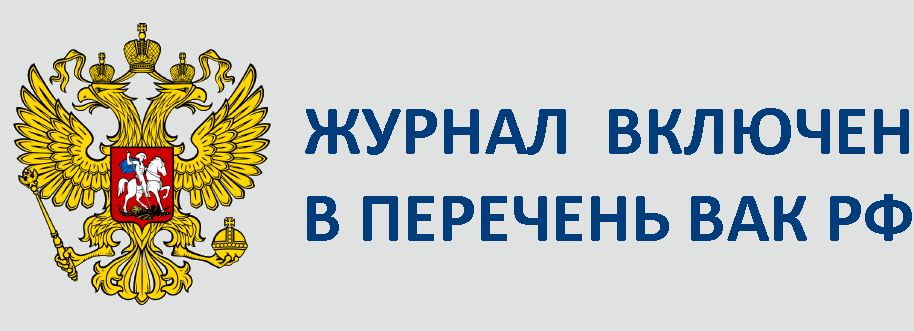№4-2022-04
DOI: 10.22281/2413-9912-2022-06-04-40-50
Zverev K.A.
CONSTRUCTION OF MEMORY POLICY IN THE POST-SOVIET SPACE:
GENERAL APPROACHES
The article examines the issue of the formation and development of the politics of memory in the post-Soviet space in the 1990s — 2010s. Historical discourse is analyzed and compared in the Baltic countries, Belarus, Ukraine, Moldova and Georgia. According to the results of the study, it can be stated that in a number of post-Soviet states that have chosen a pro-Western course and, at the same time, confrontation with the Russian Federation (the Baltic countries, Ukraine, Moldova, Georgia), there is a number of similar theses of state historical policy that can be presented in the form of such components as ethnocentrism, an appeal to succession in relation to early state formations (bypassing the USSR), the introduction of the concept of «Soviet occupation» into circulation, a cardinal revision of the events of the «Great Patriotic War» up to this term in favor of the concept of «World War II» and the institutionalization of the memory policy in the form of the creation of specialized, politically engaged institutions (as Institutes of national memory) for the accumulation, formulation and popularization of the main theses of the memory policy. At the same time, in our opinion, Ukraine, Moldova, Georgia, the Belarusian opposition in the mid-2000s borrowed many Baltic theses of the memory policy, which appeared in the Baltic countries much earlier than from their southern neighbors and were implemented more consistently. since the early 1990s. We can assume that along with the Eastern European trend of memory politics, there is also a narrower version of it aimed at the republics of the former Soviet Union – the Baltic, which is characterized by the components indicated above.
Keywords: politics of memory, state historical politics, the Baltic states, Belarus, Ukraine, Moldova, Georgia
Kostroma State University (Russia)
Это произведение доступно по лицензии Creative Commons «Attribution-ShareAlike» («Атрибуция — На тех же условиях») 4.0 Всемирная







